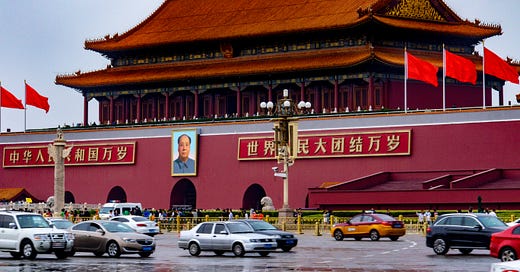The International Manifesto Group, and world-wide group of concerned activists and scholars, have emitted a manifesto, “Through Pluripolarity to Socialism.” They are calling upon likeminded colleagues and comrades to sign it. Signature would indicate agreement with the broad thrust of the Manifesto, and it would indicate belief that the manifesto should be engaged and discussed by progressive forces. The manifesto will be launched in a zoom event on September 5, 2021 at 2 pm UK time.
I have signed the manifesto, and I hope to participate, if there are no technical problems, in the September 5 zoom event. Here is the link:
Through Pluripolarity to Socialism: A Manifesto
The Manifesto begins with a succinct review of anti-systemic struggles in the post-World War II era, and it gives equal importance to workers’ struggles in the core and national liberation struggles in the periphery. “In capitalism’s imperial core, working people’s struggles won welfare states and regul…


